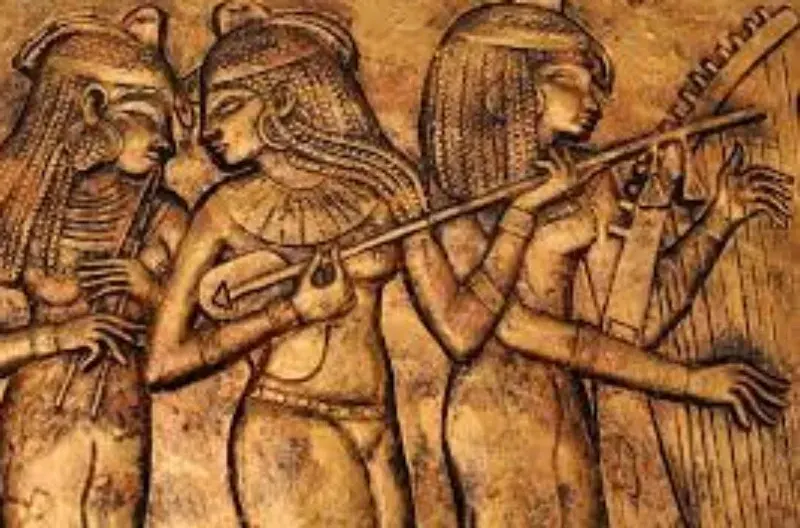History and Significance of the Opet Festival:
The Opet festival stands as a captivating testament to ancient Egypt's rich cultural heritage, deeply ingrained in the historical tapestry of the region. Originating during the New Kingdom period around 1500 BCE, a time of great prosperity and cultural advancement, this annual celebration affirmed the special connection between the pharaohs and the god Amun, king of the gods for ancient Egyptians.
The Connection Between Amun and the Royal Family:
At the heart of the Opet festival lies the sacred bond between Amun and the royal family. Amun, known as the "Hidden One," held a position of paramount importance in ancient Egyptian religion, symbolizing creation and kingship. The pharaoh, seen as the earthly embodiment of Amun, shared a unique and profound connection with the deity. During the festival, this bond was celebrated through elaborate rituals and ceremonies, with the pharaoh, accompanied by his queen and other royal court members, participating in offerings, prayers, and hymns of praise dedicated to Amun.
The Ceremonies During the Opet Festival:
The Opet festival was a time of great spiritual significance, marked by intricate rituals and ceremonies designed to honor Amun and strengthen the divine bond with the pharaoh. Among the most significant rituals was the "opening of the mouth" ceremony, a symbolic act believed to restore the pharaoh's power and life force.
Another notable ceremony was the "sailing of Amun," where a sacred boat carrying the statue of Amun would be paraded through the streets of Thebes amidst music, dancing, and jubilant celebrations.
The Opet Festival in Ancient Egypt:
In ancient Egypt, the Opet festival was a time of joy and celebration, reflecting the power, wealth, and prosperity of Ancient Egypt. Temples of Karnak and Luxor were adorned with elaborate decorations, while the streets of Thebes bustled with music, dancing, and feasting. The festival not only honored the gods and strengthened the bond between Amun and the royal family but also provided an opportunity for people to come together and rejoice, celebrating abundance and generosity with food and gifts distributed to all.
The Opet Festival Today:
While the Opet festival is no longer celebrated in its ancient form, its legacy lives on in the hearts and minds of the Egyptian people. Today, the festival is commemorated in various ways, keeping alive the traditions and customs of ancient Egypt. In Luxor, modern-day descendants pay homage to their ancestors and the gods through cultural events, performances, and exhibitions. Visitors can experience the spirit of the Opet festival through guided tours, witnessing reenactments of ancient rituals, exploring magnificent temples, and marveling at the treasures of the Luxor Museum.
Conclusion: Preserving the Legacy of the Opet Festival:
The Opet festival is a testament to the rich cultural heritage of ancient Egypt. While the original festivities may have evolved, their spirit and essence continue to resonate with people worldwide.



